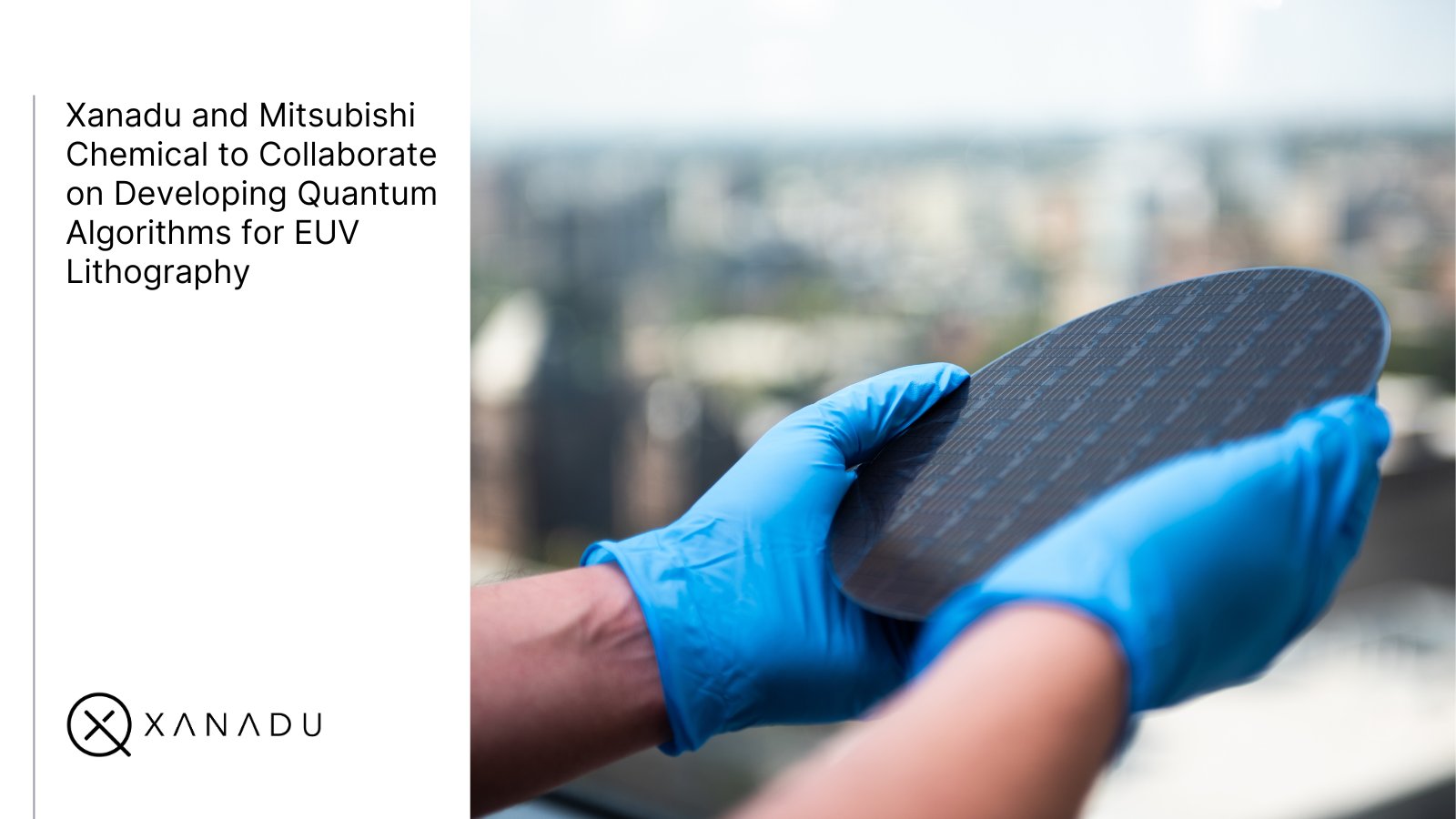
Xanadu, a Canadian quantum computing company, and Mitsubishi Chemical have initiated a joint project focused on utilizing quantum computing to advance new semiconductor chip fabrication technologies. This collaboration’s primary objective is to discover novel quantum algorithms for simulating quantum processes within extreme ultraviolet (EUV) lithography, a wafer patterning technique essential for developing increasingly smaller and more complex microchips.
EUV lithography is a wafer patterning technique that facilitates the miniaturization of integrated circuits. However, as feature sizes decrease, quantum effects, such as Auger decay, become more prominent, complicating the lithographic process simulation due to intricate electron interactions. Quantum computing offers a method to address this limitation by directly simulating the dynamics of quantum systems and light-matter interactions. In this partnership, Mitsubishi Chemical’s Materials Design Laboratory will contribute expertise on EUV photoresist materials, including their molecular structures and reactivity, while Xanadu’s Quantum Algorithms team will design simulation algorithms to model light-matter interactions and secondary electron effects.
This partnership aims to establish a specific application for quantum computing within the field of semiconductor materials. The discovery of quantum algorithms capable of simulating light-matter interactions relevant to semiconductor lithography represents a step in advancing chip miniaturization. This work contributes to the development of microchips that underpin advanced technologies such as smartphones, supercomputers, and artificial intelligence, and serves as an example of international collaboration in quantum science and technology.
Read the full announcement here.
July 3, 2025

